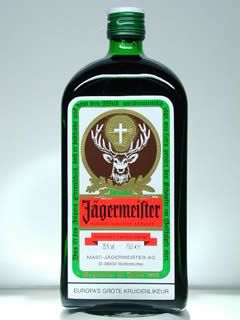New Hearsay Exception: Thorough Intoxication
Rule 803. Hearsay Exceptions; Availability of Declarant Immaterial
The following are not excluded by the hearsay rule, even though the declarant is available as a witness:
(1) Present sense impression. A statement describing or explaining an event or condition made while the declarant was perceiving the event or condition, or immediately thereafter.
(2) Excited utterance. A statement relating to a startling event or condition made while the declarant was under the stress of excitement caused by the event or condition.
(3) Thorough Intoxication. A statement made while the declarant was under the influence of an intoxicating beverage, and the statement was the result of consuming that beverage.(3)(4) Then existing mental, emotional, or physical condition. A statement of the declarant's then existing state of mind, emotion, sensation, or physical condition (such as intent, plan, motive, design, mental feeling, pain, and bodily health), but not including a statement of memory or belief to prove the fact remembered or believed unless it relates to the execution, revocation, identification, or terms of declarant's will.
...
2005 Committee Notes
The exception embodied in the new 803(3) reflects the ancient Roman legal maxim, "in vino veritas," or "there is truth in wine." However, it is not necessary that the declarant be under the influence of wine; rather, nearly any intoxicating beverage will suffice, including but not limited to beer, whiskey, rum, gin, tequila, malt beverages, and orange juice fermented under a radiator. (Note: the Committee has never tried the latter. And if it did, it certainly would not have gone skinny-dipping at the Washington Memorial. Anyone who tells you otherwise is a fucking liar.)
What is essential to the admissibility of a statement made under thorough intoxication is that the declarant actually be under the influence of an intoxicating beverage while the statement was made. The term "under the influence" denotes something more than a mere "buzz," however it does not require that the declarant be subject to the "blackout monkey." Similar to the "excited utterance" exception, the reliability of this exception requires the declarant to be so drunk as to be beyond the point of self-censorship when making the statement.
